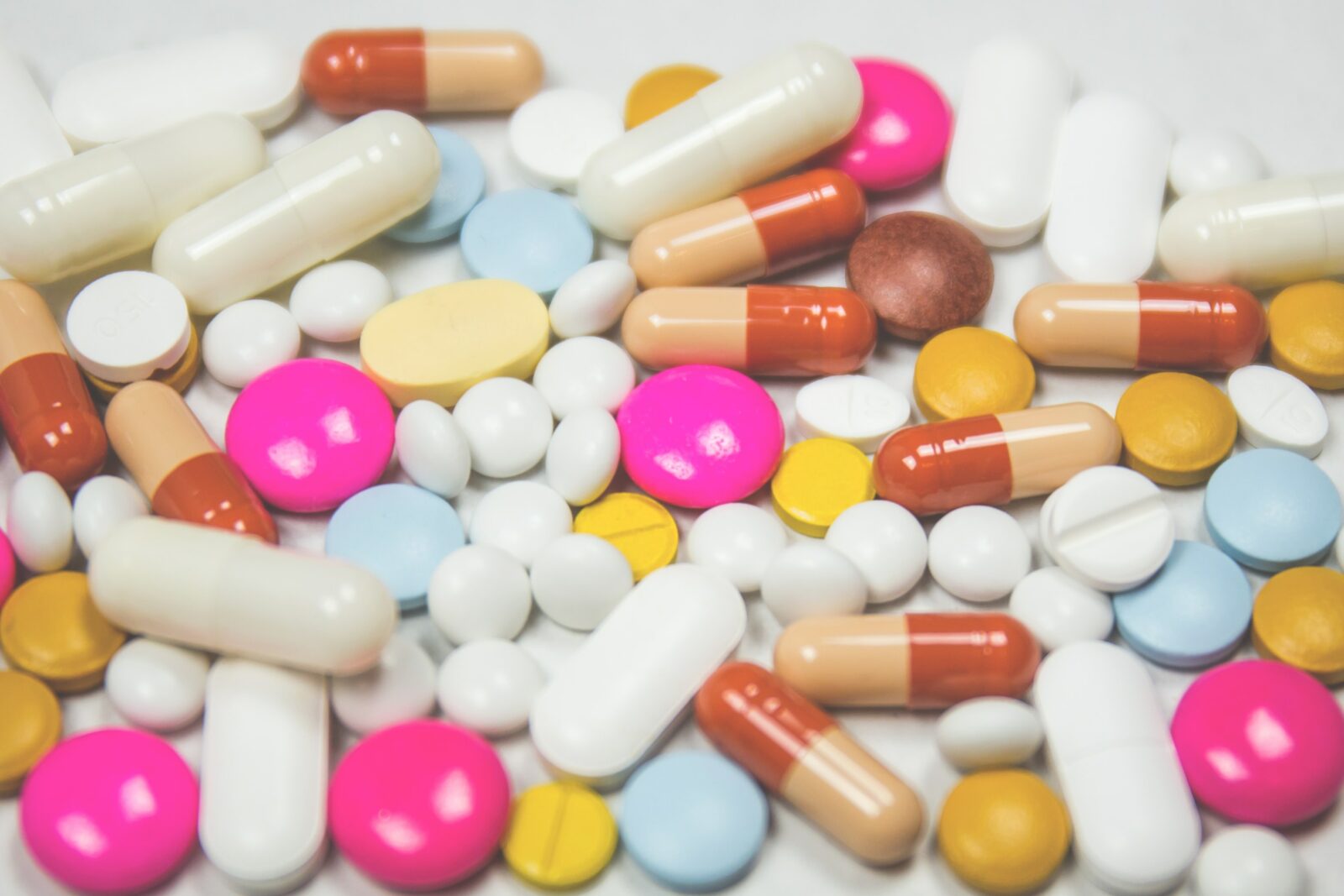
Antibiotics save millions of lives every year. At the same time, they do have some side effects, such as killing the beneficial microbes in our gut. This weakens the first line of defense against pathogens as well as the beneficial effects our microbiome has on our health. Common side effects are gastrointestinal problems and recurrent Clostridioides difficile infections. They include long-term health problems, such as the development of metabolic, allergic, immunological, or inflammatory diseases.
Researchers from EMBL Heidelberg, the Maier lab at the University of Tübingen, and collaborators have analyzed the effects of 144 antibiotics on our most common gut microbes. The study published in the journal Nature substantially improves our understanding of antibiotics’ effects on gut microbes. It also suggests a new approach to mitigating the adverse effects of antibiotics therapy on the gut microbiome.
The gut microbiome enables us to use nutrients more efficiently and hinders pathogenic bacteria from settling in our gut. However, when we treat a bacterial infection with antibiotics, there’s a risk of damaging the gut microbiome. Many antibiotics inhibit the growth of pathogenic bacteria. This broad activity spectrum is effective at treating infections, but it increases the risk that the microbes in our gut are targeted as well.
If beneficial gut bacteria are harmed more than others, antibiotics therapy can lead to an imbalance in our microbiota composition, called dysbiosis. Diarrhea is a common short-term effect, while allergic conditions such as asthma or food allergies, and obesity are possible long-term consequences.
“So far, our knowledge of the effects of different antibiotics on individual members of our gut microbial communities has been patchy. Our study fills major gaps in our understanding of which type of antibiotic affects which types of bacteria, and in what way,” said Nassos Typas, Senior Scientist and Group Leader at EMBL Heidelberg.
Members Only Content
To continue reading please subscribe to WellnessPlus by Dr. Jess MD
Be your own best doctor with our comprehensive suite of online health coaching tools.
